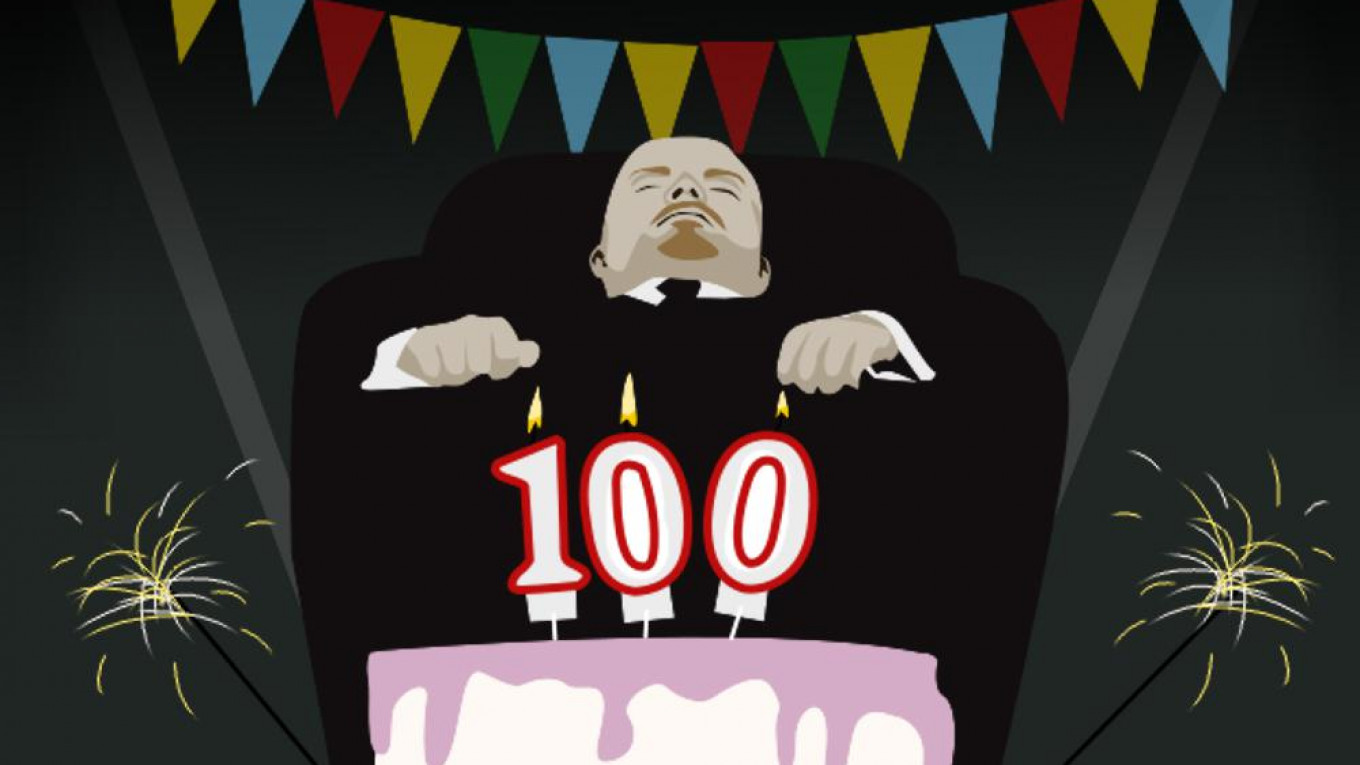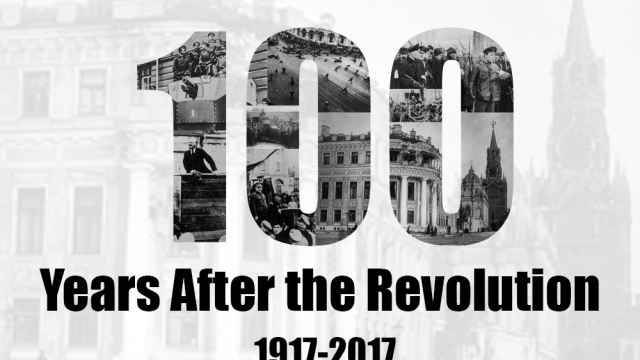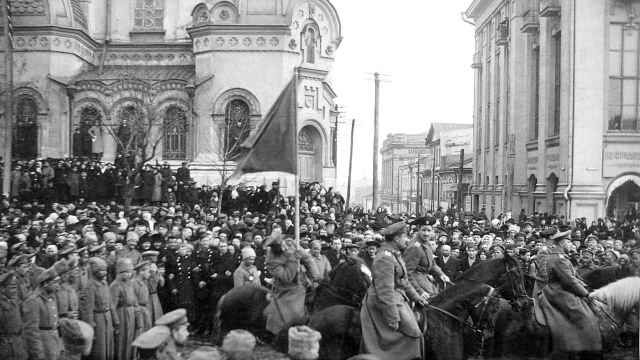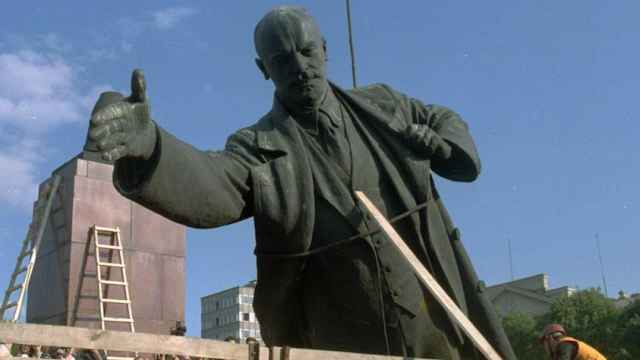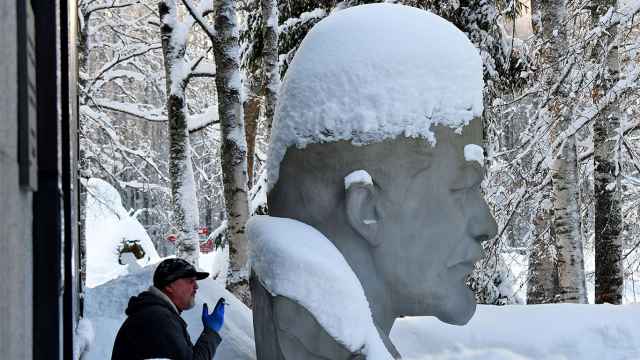With the centennial of the October Revolution of 1917 fast approaching, Lenin is on Russians’ minds.
What to do with the Bolshevik revolutionary’s body has been drummed up periodically by politicians since the collapse of the Soviet Union in 1991.
While the centenary itself has received little attention from the Kremlin, which is eager to stress unity and obedience, the revolution’s leader, and the question of what to do with his 93-year-old corpse, is again the center of an emotional debate.
On Thursday, leader of Chechnya Ramzan Kadyrov said that it was “high time” to bury Lenin’s body, and called on President Vladimir Putin to put the issue to rest.
“Enough staring at Lenin’s corpse,” Kadyrov wrote on his Telegram channel. “It is wrong that in the heart of Russia, on Red Square, there is a coffin with a dead man."
The debate ignited when Ksenia Sobchak, the reality television presenter turned presidential candidate, told journalist Yuri Dud in an Oct. 24 interview that she would bury Lenin’s body if she was elected president in March 2018.
One official has since proposed turning the mausoleum into a museum to showcase the technique of embalming. By doing so, Mikhail Fyodotov, the head of the Human Rights Council, argued, the site would cease to be a place of worship. As an example, he pointed to the British museum which keeps mummies of pharaohs, where no one arrives with flowers.
“We have to treat this subject like history — this is historical fact,” Fyodotov said.
For Gennady Zyuganov, the leader of the Communist Party, the discussions are nothing short of “blasphemous.”
“The very fact that this issue is being raised again on the eve of the 100th anniversary of the Great October Revolution is unacceptable,” he said.
Lenin's last surviving relative, Olga Ulyanova, who died in 2011, opposed a burial, says Zyuganov, adding the corpse lies at two meters below surface level in the mausoleum, equal to the depth of a standard grave.
Zyuganov also previously said that Putin had assured him that Lenin’s body would not be buried so long as he is president. According to the communist leader, the president declared: "While I'm sitting here, there will be no barbarism in Red Square."
Dmitry Peskov, the president’s spokesman, quickly cemented the Kremlin’s position on the subject. “It is not a topic on the agenda of the Kremlin administration," he said.
Federation Council speaker Valentina Matviyenko, however, believes the issue should be considered. In an interview with the Argumenty i Fakty newspaper, she said Lenin would be buried once society comes to a “consensus on the topic,” possibly by voting in a referendum.
There is still “an entire generation for whom Lenin means a lot,” she said. If a referendum were held, it “would not be today and not tomorrow.”
Late last night, Sobchak re-entered the debate she had ignited, in a Facebook post. This time around she echoed Matviyenko.
“It's not Putin who should decide, Ramzan Akhmatovich,” she wrote, addressing Kadyrov. “The decision should be made by the Russian people.”
A Message from The Moscow Times:
Dear readers,
We are facing unprecedented challenges. Russia's Prosecutor General's Office has designated The Moscow Times as an "undesirable" organization, criminalizing our work and putting our staff at risk of prosecution. This follows our earlier unjust labeling as a "foreign agent."
These actions are direct attempts to silence independent journalism in Russia. The authorities claim our work "discredits the decisions of the Russian leadership." We see things differently: we strive to provide accurate, unbiased reporting on Russia.
We, the journalists of The Moscow Times, refuse to be silenced. But to continue our work, we need your help.
Your support, no matter how small, makes a world of difference. If you can, please support us monthly starting from just $2. It's quick to set up, and every contribution makes a significant impact.
By supporting The Moscow Times, you're defending open, independent journalism in the face of repression. Thank you for standing with us.
Remind me later.



